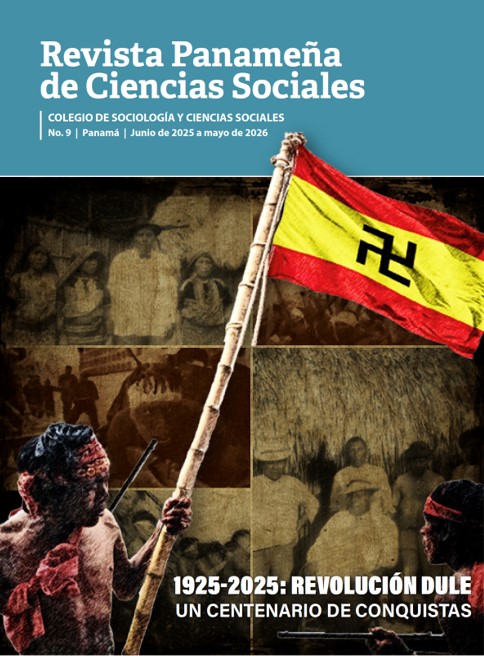

Copyright (c) 2025 Revista Panameña de Ciencias Sociales

Este trabalho está licenciado sob uma licença Creative Commons Attribution-NonCommercial-ShareAlike 4.0 International License.
.
Cuando mi esposa June y yo vivimos en una aldea guna en 1970, 1971 y 1975, nos pareció que nuestros nuevos amigos bien podrían haber leído el ensayo de Mauss. Según ellos, hacer regalos era de vital importancia en sus vidas: unía a los gunas y marcaba las fronteras entre ellos y la sociedad nacional en general. A los compañeros gunas había que “dar sin calcular”(binsa ukke) o pensando sólo en Dios (dios binsae), sin esperar nada a cambio. Por encima de todo, la generosidad era importante en lo referente a la comida y la bebida: nuestros amigos más tradicionalistas insistían en que los restaurantes urbanos, en que vendían comida por dinero, representaban el peor aspecto del mundo moderno.